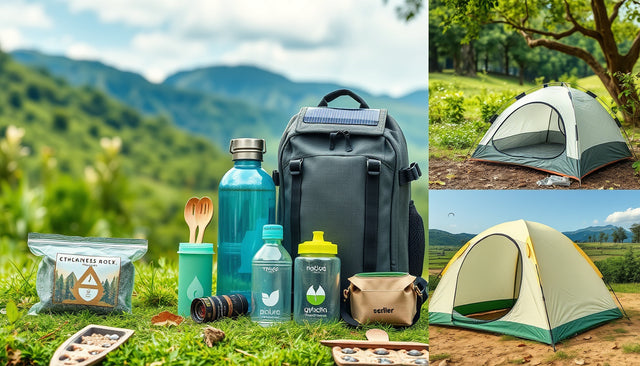A Better Way to Market Sustainable Products: Insights from NYU Stern and PwC
Sustainable products grow fast. Companies face hurdles. NYU Stern’s CSB and PwC research shows better ways to market green goods. This text ties words closely to ease understanding.
Growing Market Potential for Sustainable Products
• Sales Growth: Researchers studied 12 years of U.S. sales data in 36 consumer packaged goods categories. They found that sustainability products grow sales by 12.3% each year from 2019 to 2024. This rate more than doubles that of regular products.
• Market Share: In 2024, products with green labels made up 23.8% of all CPG sales.
• Price Premiums: A PwC survey in 2024 shows that shoppers pay 9.7% more for sustainable goods. CSB data reveal premiums average 26.6%. Some items, like paper, can see over 100% premiums. Coffee, cereal, and chocolate gain around 50%.
Key Strategies to Maximize Sustainable Product Appeal
1. Understand Your Target Customer Groups
Millennials, college-educated buyers, urban dwellers, and high earners buy more green products. Dairy has a wide appeal. Marketers must find which groups love each product.
2. Align Sustainability Messaging with Core Product Attributes
Marketers stress the key benefit of a product, such as food taste or soap scent. Then they add one or two green claims. CSB and Edelman studies show that this mix lifts appeal by 30 percentage points. For skincare, for example, the claim "formulated with sustainable ingredients that are good for your skin" works well.
3. Use Credible, Consumer-Relevant Sustainability Claims
Effective claims protect health, save money, support local farms, help children, preserve animals, and come from sustainable origins. These themes strike a strong chord. Claims about biodegradability, traceability, or standalone certifications are less persuasive. They build trust only when linked to clear messages.
The Importance of Precision and Evidence in Claims
Vague words like "clean," "natural," or "safe" create legal risks. This is true especially for products for children or skin use. Businesses must follow new rules. The EU’s Corporate Sustainability Reporting Directive, Due Diligence Directive, and soon the Green Claims Directive require scientific proof. A clear value chain and traceability boost trust and ensure compliance.
Conclusion for Sustainability Marketers
A strong business case and clear, honest claims help consumers pick sustainable products. Companies that learn their audience well, link green features to core benefits, and support their claims with proof win trust. This trust drives sales and sets brands apart in a growing green market.
About the Authors
• Tensie Whelan: A Distinguished Professor of Practice at NYU Stern and founder of the NYU Stern Center for Sustainable Business.
• David Linich: A principal at PwC US. He focuses on decarbonization and sustainable operations.
This summary distills research from NYU Stern Center for Sustainable Business and PwC. It relies on strong market data and consumer studies. The guide gives practical tips to market sustainable products in today’s fast-changing marketplace.
Design Delight Studio curates high-impact, authoritative insights into sustainable and organic product trends, helping conscious consumers and innovative brands stay ahead in a fast-evolving green economy.






















0 comentarios